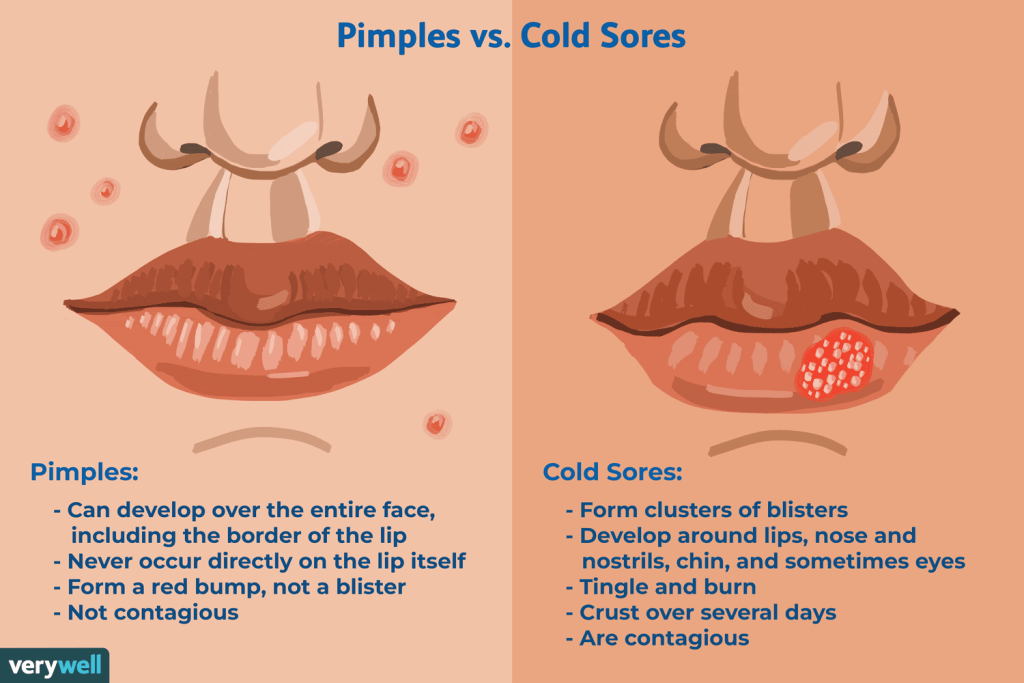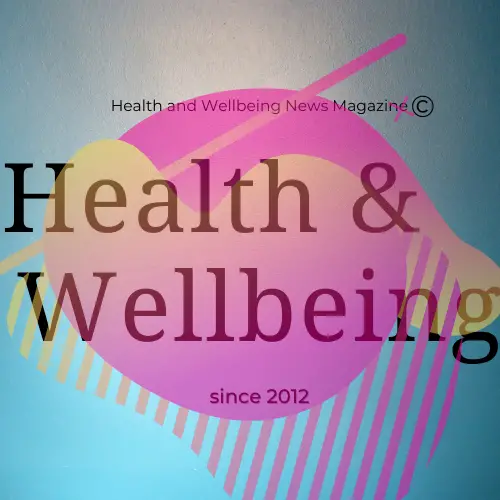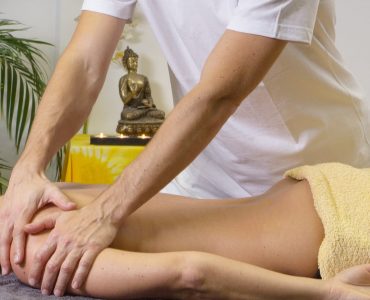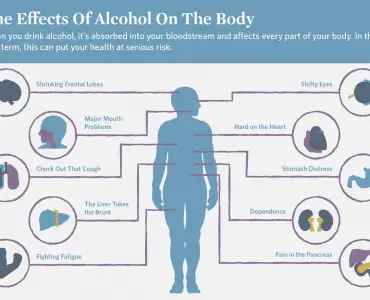Cold sores, also known as fever blisters, are common viral infections caused by the herpes simplex virus (HSV). They typically manifest as small, fluid-filled blisters that appear on or around the lips, though they can also occur on the nose, chin, or cheeks.
Causes of Cold Sores
Cold sores are primarily caused by the herpes simplex virus type 1 (HSV-1). HSV-1 is highly contagious and spreads through direct contact with infected saliva or lesions. Factors such as stress, fatigue, sun exposure, hormonal changes, and weakened immune function can trigger outbreaks.
Symptoms of Cold Sores
The onset of cold sores is often preceded by tingling, itching, or burning sensations around the mouth. These symptoms are followed by the appearance of small, painful blisters that eventually rupture and form crusts. Cold sore outbreaks can cause discomfort, pain, and embarrassment.

Treatment Options for Cold Sores
Treatment for cold sores aims to alleviate symptoms, speed up healing, and reduce the severity and duration of outbreaks. Over-the-counter antiviral creams, ointments, and patches can help relieve symptoms and promote healing. Prescription antiviral medications may be recommended for severe or recurrent outbreaks.
Home Remedies and Self-Care
Several home remedies and self-care measures can help manage cold sores effectively. Applying ice packs or cold compresses to the affected area can reduce pain and inflammation. Using lip balms with sunscreen can protect against sun exposure, which can trigger outbreaks. Avoiding triggers such as stress, fatigue, and certain foods can also help prevent cold sore recurrence.
Prevention Strategies
Preventing cold sore outbreaks involves practicing good hygiene and avoiding close contact with individuals who have active lesions. Refrain from sharing utensils, lip balms, or personal items with others to minimize the risk of transmission. Managing stress, maintaining a healthy lifestyle, and boosting immune function can reduce the frequency and severity of cold sore outbreaks.
Conclusion
Cold sores can be bothersome and uncomfortable, but with proper understanding and management, individuals can effectively cope with this common viral infection. By implementing preventive measures, seeking prompt treatment, and adopting healthy lifestyle habits, individuals can minimize the impact of cold sores on their quality of life. Consultation with healthcare professionals can provide personalized guidance and support for managing cold sore outbreaks effectively.
Cold Sore Q&A: Understanding and Managing These Pesky Bumps
Cold sores, also known as fever blisters, are those pesky little blisters that pop up around your mouth or nose, causing discomfort and sometimes embarrassment. Here are answers to your questions about these common skin woes:
What is the main cause of cold sores?
The main culprit behind cold sores is the herpes simplex virus type 1 (HSV-1). Once you’re infected with HSV-1, it stays dormant in your nerve cells, and various triggers can reactivate it, leading to an outbreak of cold sores.
What is the best treatment for a cold sore?
Unfortunately, there’s no cure for HSV-1, so treatment focuses on managing the symptoms and speeding up healing. Several options exist, depending on the severity and stage of your cold sore:
- Over-the-counter creams: Antiviral creams like docosanol or penciclovir can shorten the duration and severity of the outbreak. Apply them as soon as you feel tingling or notice the first signs of a cold sore.
- Prescription medications: For severe or frequent outbreaks, your doctor might prescribe oral antiviral medications like acyclovir or valacyclovir.
- Pain relievers: Over-the-counter pain relievers like ibuprofen or acetaminophen can help manage discomfort and fever.
- Soothing remedies: Applying cool compresses, using topical numbing agents (like lidocaine), or gargling with saltwater can provide temporary relief.
How do you stop a cold sore from coming on?
While you can’t completely prevent outbreaks, there are ways to lower your risk:
- Avoid triggers: Common triggers include stress, sun exposure, illness, fatigue, and certain dental procedures. Identify and manage your triggers to reduce the chances of an outbreak.
- Maintain good hygiene: Wash your hands often, especially after touching your face or a cold sore.
- Protect your lips: Use lip balm with SPF to protect your lips from sun damage, another trigger.
- Consider antiviral medication: If you experience frequent or severe outbreaks, your doctor might suggest daily antiviral medication to suppress the virus.
Does Vaseline help cold sores?
While Vaseline helps keep your lips moisturized and prevent cracking, it has no antiviral properties and doesn’t treat cold sores. It might even trap moisture and create a breeding ground for bacteria, potentially delaying healing. Opt for lip balms without added ingredients that might irritate your skin.
Remember, early intervention is key when it comes to managing cold sores. If you experience frequent outbreaks or have concerns, consult your doctor for personalized advice and treatment options.





